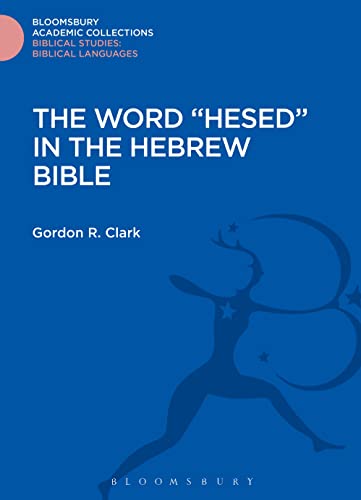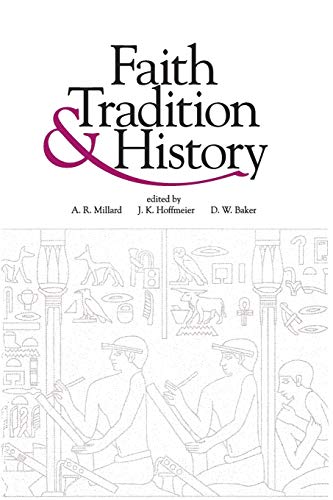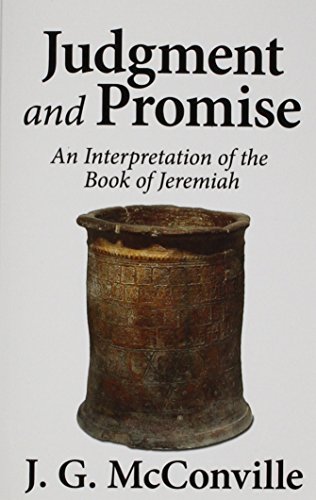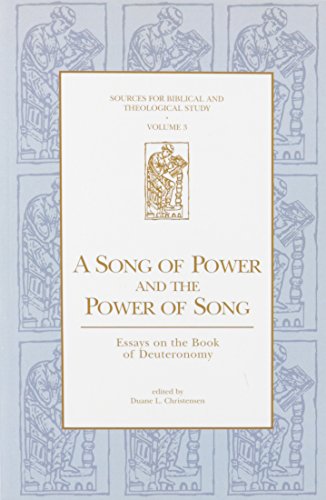Christianity and Rabbinic Judaism: A Parallel History of Their Origins and Early Development
Written by Hershel Shanks (ed.) Reviewed By Richard BauckhamThis book represents a good idea (a parallel history of Judaism and Christianity from the first to the seventh centimes ce) realized with reasonable success. Four chapters cover the history of Judaism in the period, one the life of Jesus, three the history of Christianity, and a final chapter surveys the process of mutually exclusive self definition by the two religions over the whole period. (It is not clear why the title of the book specifies ‘rabbinic Judaism’, since the chapters on Judaism give due attention to non-rabbinic Judaism, at least up to the third century.)
The chapters have to cover complex and often highly debatable areas of history in a short compass and in a way that is accessible to the general reader. A helpful feature is that the nature of the major primary sources is usually explained, so that the non-expert reader has some sense of the way tire authors’ critical reconstructions of history relate to the problematic character of the sources. Just occasionally, scholarly disagreements between the contributors themselves surface, as when Harold Attridge asserts the early date of the Muratorian Canon (p. 173) and Dennis Groh the late date (p. 279). Geza Vermes’s introduction to tire book is really a critical view of the contributions, pointing out the shortcomings of views with which he disagrees.
E.P. Sanders’ chapter on Jesus is written with his usual breezy confidence and overly conversational style: most readers of Themelios will have read or need to read his fuller accounts elsewhere, but his chapter here could serve as an introduction. Among the earlier chapters, those on first-century Judaism by Louis Feldman and Christianity before 70 by Howard Kee are especially good, and can be read with profit even by those who have read many books on these subjects, since they offer stimulating interpretations of their subject and highlight interesting evidence besides what is standard in textbook accounts. Feldman offers some unfashionable views (the Sadducees were not collaborators but nationalists, tire Hellenization of Jewish Palestine was fairly superficial, Judaism was a highly successful missionary religion). It is unfortunate that not only Kee but also the authors of the chapters on Christianity from 70 to 312 (Harold Attridge) and Judaism from 70 to 220 (Lee Levine, Shaye Cohen) pay little attention to the evidence (incomplete though it is) which we have for Palestinian Jewish Christians and their relations with other Jews. They should have formed a significant part of this book’s subject. Instead their relegation to marginal status, initiated by both Gentile Christian and rabbinic literature, is here continued.
Most disappointing are the last two chapters. Dennis Groh’s account of Christianity from Constantine to the Arab Conquest is disproportionately short. This was the period in which the great trinitarian and christological controversies issued in the classic form of the distinctively Christian version of Jewish monotheism. These doctrinal controversies are therefore of great significance for understanding the relationship of Judaism and Christianity. Groh’s treatment of them is marred not only by his fundamental misinterpretation of Arianism, but also by too brief and unperceptive a discussion. Readers are unlikely to grasp the theological significance of the controversies or the issues, and in fact there is rather little in the book as a whole that recognizes how deeply rooted in Christianity from the beginning were the issues which came to a head in the fourth century. James Charlesworth’s final chapter is unfortunately too opinionated to be the overview that is really required to draw the findings of the various chapters together.
There are many excellent illustrations, including the first I have seen of the recently discovered ossuary of Joseph bar Caiaphas, who must be either the high priest Joseph Caiaphas himself or his son.
Richard Bauckham
Professor of New Testament Studies at the University of St. Andrews







